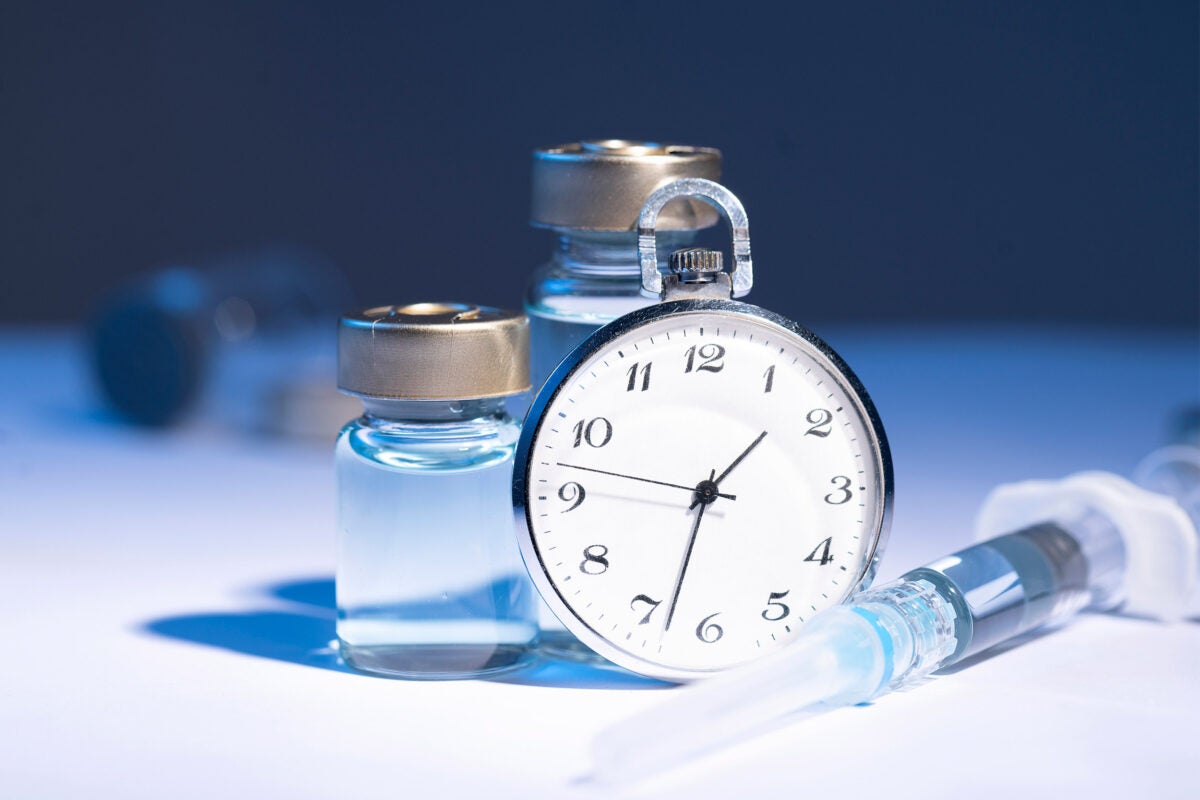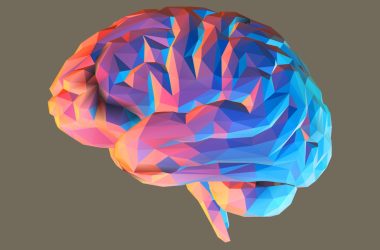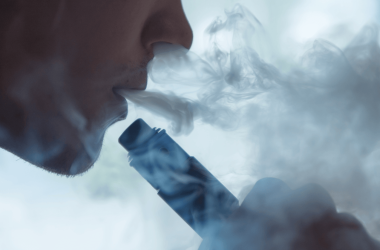Our internal 24-hour circadian clock regulates many aspects of physiology, including the response to infectious disease and vaccination. A new study published in the Journal of Biological Rhythms demonstrates that antibody levels are higher when people receive the SARS-CoV-2 vaccine in the afternoon versus the morning.
“Our observational study provides proof of concept that time of day affects immune response to SARS-CoV-2 vaccination, findings that may be relevant for optimizing the vaccine’s efficacy,” said co-senior author Elizabeth Klerman, research investigator, Division of Neurophysiology, Sleep Unit, Massachusetts General Hospital, and professor of neurology at Harvard Medical School.
Symptoms of some diseases and the action of numerous medications vary by time of day. People with lung diseases frequently have greater symptom severity and altered respiratory function at certain times of the day, for example. A study of elderly men who received influenza vaccination showed that they had higher antibody titers when they received the vaccine in the morning compared with the afternoon.
“Trials have shown that administering some chemotherapy agents at a specific time of day will effectively target cancer cells but limit toxicity to other cells,” says Klerman. The authors and others have proposed a role for circadian signaling in regulating SARS-CoV-2 immune responses and COVID-19 severity.
The observational study evaluated antibody levels after SARS-CoV-2 vaccination among 2,190 health care workers in the UK. As part of the UK’s infection prevention program, blood samples were collected from asymptomatic hospital workers at the time of vaccination. The researchers created a model to investigate the effect on antibody levels based on time of day of vaccination, vaccine type (Pfizer mRNA vaccine or AstraZeneca adenoviral vaccine), age, sex, and the number of days post-vaccination.
The researchers found that antibody responses were higher in general for everyone who was vaccinated later in the day. The antibody responses were also higher in those who received the Pfizer mRNA vaccine, in women, and in younger people, in addition to the effect of time of day of vaccination.
The SARS-CoV-2 study contrasts with earlier studies in elderly men that reported higher anti-influenza titers in the morning. Potential reasons for the disparate findings: “The SARS-CoV-2 vaccine and the influenza vaccine have different mechanisms of action from each other, and antibody response may vary greatly depending on whether the immune system recognizes the pathogen from earlier infections, such as influenza, or whether it is confronted by a novel virus,” says Klerman.
A limitation of the study was the lack of data on participants’ medical and medication history, their sleep and shift-work patterns, which can also influence vaccine responses.
“We need to replicate our findings and develop a better understanding of the underlying physiology of SARS-CoV-2 and the body’s response to vaccination(s) before we can recommend that people who want an extra boost from the vaccine, such as older individuals or those who are immunocompromised, schedule their vaccine for the afternoon,” says Klerman. “This research is the first step in demonstrating the importance of time-of-day response to SARS-CoV-2 vaccine.”
Klerman emphasizes that getting vaccinated, regardless of the time of day, is the most critical step in preventing COVID-19 infection.
These data also highlight the importance of recording the time of vaccination or any intervention in clinical and research studies. “If preliminary data show a difference in efficacy and adverse effects from a drug or vaccine based on time of day, it would behoove drug companies to administer the drug at the optimal time, which would reduce the number of participants needed to get a statistically significant difference between drug and placebo,” Klerman says.
Klerman and her colleagues are currently analyzing data on vaccine side effects from people vaccinated at Massachusetts General Brigham facilities. “If antibody levels are higher when people receive the vaccine in the afternoon, we may see that side effects are also greater,” says Klerman. She also hopes to have the opportunity to reanalyze data from randomized controlled trials of the SARS-CoV-2 vaccine to determine whether the time of day participants received the vaccine affected efficacy.
Other key authors include Wei Wang, assistant professor of Medicine at HMS and associate mathematician at Brigham and Women’s Hospital; Peter Balfe, research scientist, Nuffield Department of Medicine, University of Oxford; and Jane McKeating, professor of Molecular Biology at University of Oxford.





